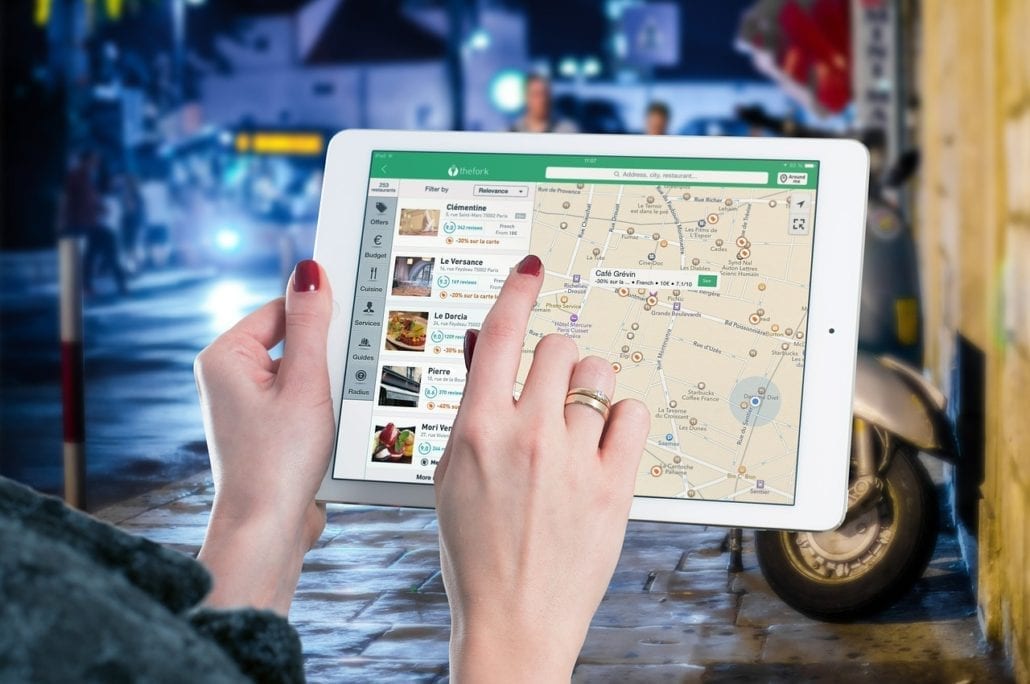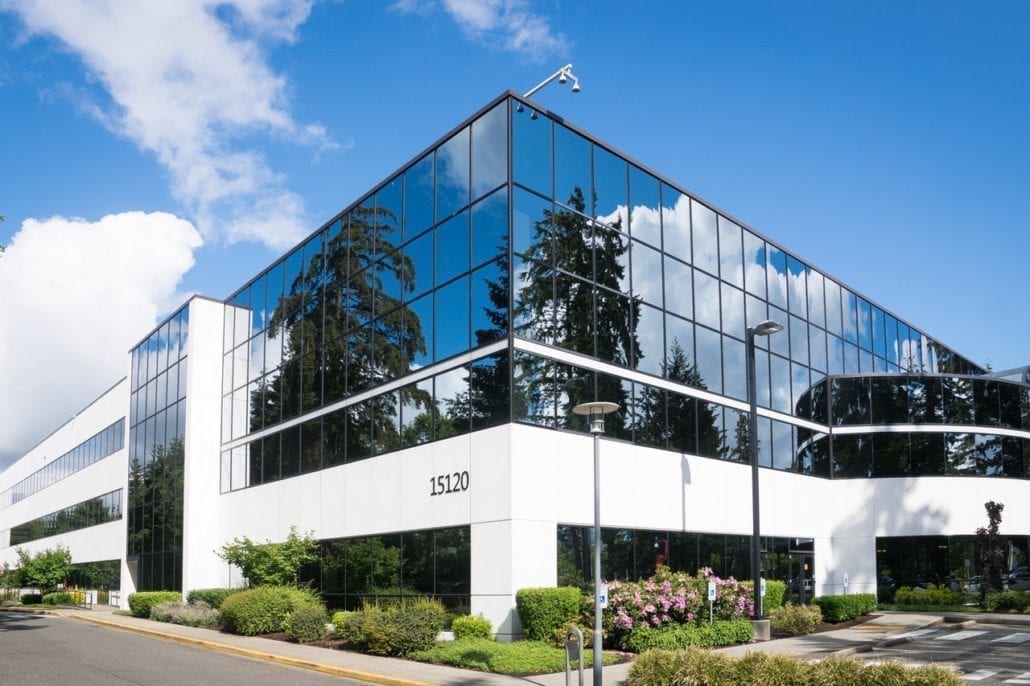8 Things Freelancers Need To Think About Before Something Critical Happens
Being a freelancer has some incredible perks, but it can also be tough at times. You don’t always know if you’re going to get paid, and what exactly are you supposed to do if you fall ill and can’t work? Here are 8 things freelancers need to think about before something critical happens!
Getting Insurance
Getting insurance is possibly one of the smartest things that a freelancer can do. Insurance can help to cover you when you’re ill, even in the hospital, and you won’t be left in the lurch so badly if you can’t work. It’s a small expense to pay each month for long-term peace of mind!
Knowing Your Worth
Knowing your worth is crucial as a freelancer. Have you ever considered that you could be undervaluing yourself? Many freelancers make the mistake of offering really cheap rates to get clients, but this could be a huge mistakes. Your clients will want quality, rather than to save money. They want to make sure they get the most out of their money, so rather than trying to do the cheapest price, figure out your worth and make sure they get the best value for money. If they give you $3000 to design their new business website, make sure you design the best business website for that price imaginable.
Photo courtesy of Free Images via flickr
Finding Somewhere Suitable To Work
Finding somewhere suitable to work is imperative as a freelancer. Working from home is relatively cheap, but it can come with many issues. You can experience interruptions, find distractions, and find it difficult to separate work and home life. It could be better to lease an office – there are sites out there that make leasing offices easy for you. You need to consider what’s more important; getting things done in a healthy environment, or working in your pyjamas?
Keeping Accurate Records
Keeping accurate records is something every freelancer must do to avoid getting into trouble with the government. You must make sure you accurately record what you earn, what your business expenses are, and every other relevant piece of information that impacts your business. When it comes to filing your tax returns, you’ll need this information, and you’ll wish you had it if you ever get audited!
Building A Wonderful Reputation
You get a wonderful reputation by consistently producing quality work, pure and simple. You must do your best for your clients again and again, and this will help you in terms of recommendations and things like that. If you cut corners, chances are, your reputation will be mediocre at best.
Developing A ‘Paid Up Front’ Policy
A paid up front policy can be a little scary to reel out, but it makes sense when you have unpaid invoices to worry about. You should ask for a deposit at least from new clients or those who haven’t been to you in a while. This not only ensures you get your money, it shows you that a client is serious about the work.
Turning Clients Down
Turning clients down is sometimes something you have to do if you’re going to be true to yourself. You must be honest about limitations if a client asks you to do something you’re not comfortable or confident with. Clients are not as scary as they seem, and will respect you for being honest. You could even offer to refer them to somebody else who can do the thing you can’t. Who knows, the client might hire you anyway!
Knowing When To Take A Break
It’s too easy to exhaust yourself mentally and physically when you’re a freelancer. You must set boundaries for yourself and only break them in exceptional cases if you’re going to produce the best work and have a great work/life balance. You should take at least one day off and do not work on that day. Everybody needs some down time and a day off! During your work days, make sure you get up from the computer, stretch, meditate, go for a walk, or do something else to give you a break from the screen. It can be tempting to sit there and plug away to get things done as quickly as possible, but sitting in front of a screen for 10 hours without even having eaten lunch isn’t healthy at all. Never feel bad for taking a break!
If you’re a freelancer, make sure you make a note of these things today. The sooner you take them on board and implement them, the more your quality of life should improve and the safer your business will be!








